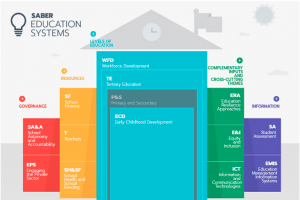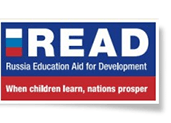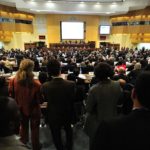 SABER-Student Assessment makes available information and tools based on the latest evidence for “what matters most” in creating effective assessment systems. It involves:
SABER-Student Assessment makes available information and tools based on the latest evidence for “what matters most” in creating effective assessment systems. It involves:
- classifying and analyzing student assessment systems around the world according to key criteria;
- collecting information on these key criteria by administering a set of
- questionnaires in a particular country;
- producing country and regional reports to inform policy dialogue; and
- developing other products to add to the current knowledge base on how
- to develop and strengthen student assessment systems.
The World Bank has created an open data tool that provides in-depth, comparative, and easily accessible data on education policies around the world. This tool, SABER, helps countries collect and analyze information on their education policies, benchmark themselves against other countries, and prioritize areas for reform, with the goal of ensuring that all children and youth go to school and learn. SABER aims to improve education quality by supplying policymakers, civil society, school administrators, teachers, parents, and students with meaningful data about key education policy areas, including early childhood development, student assessment, teachers, school autonomy and accountability, and workforce development, among others. SABER helps countries improve their education systems in three ways:
Providing new data. SABER collects comparable country data on education policies and institutions to allow governments, researchers, and other stakeholders to measure and monitor progress. Benchmarking education policies and institutions. Each policy area is rated on a four-point scale, from “Latent” to “Emerging” to “Established” and “Advanced.” These ratings highlight a country’s areas of strength and weakness while promoting cross-country learning.
Highlighting key policy choices. SABER data collection and analysis produce an objective snapshot of how well a country’s education system is performing in relation to global good practice. This helps highlight the most important policy choices to spur learning. The World Bank, through SABER, has analyzed data from more than 100 countries to guide more effective reforms and investments in education at all levels, from pre-primary to tertiary education and workforce development.
More information on SABER can be found here http://saber.worldbank.org/






